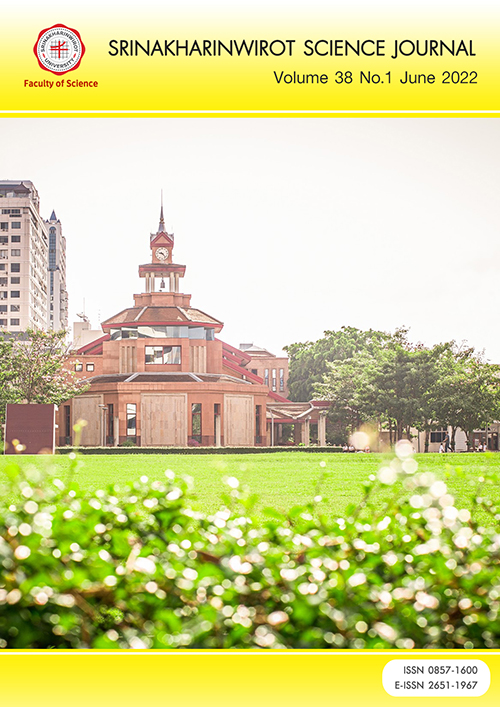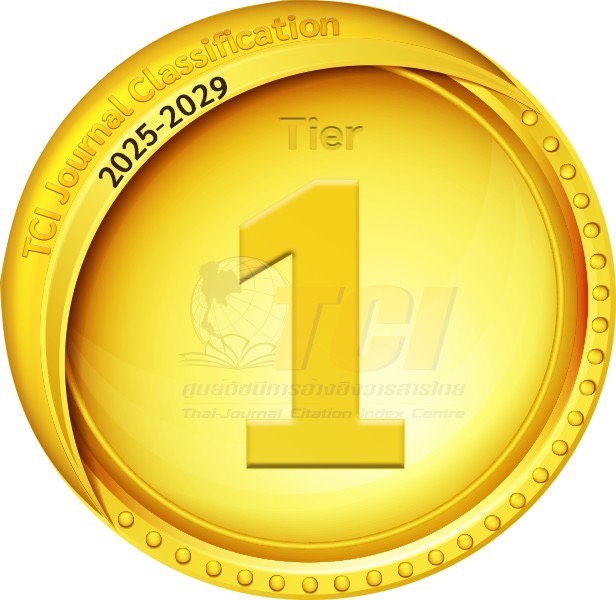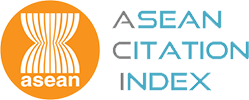The Nature of Science in New Science Learning Indicators of Thai Basic Education Core Curriculum: Documentary Research
Keywords:
Nature of science, Science learning indicator, Basic education core curriculumAbstract
According to the revision of Thai science curriculum, the nature of science (NOS) learning strand which used to be explicit was implicitly embedded in learning indicators of all science learning strands. The purpose of this study is to analyze concepts of NOS integrated in learning indicators of science learning strands revised in B.E. 2560 (A.D. 2017) in the Basic Education Core Curriculum of lower secondary level. This research conducted content analysis of learning indicators in the curriculum by using the NOS analytical framework. The results showed that only 6 out of 15 concepts of NOS were integrated in learning indicators, but covered all 3 aspects of NOS including scientific worldview, scientific inquiry, and scientific enterprise. However, the learning indicators mostly emphasized on the integration of the concepts of NOS in the aspect of scientific worldview and scientific inquiry, but hardly found the integration in the aspect of scientific enterprise. 110 learning indicators out of a total of 147 indicators in the lower secondary school were integrated the concepts of NOS. The most percent of numbers of indicators integrating the concepts were at 9th grade. The results of the analysis showed that NOS is still an important component of the revised science curriculum. However, many NOS concepts were missing from the curriculum. In the curriculum manual, therefore, there should be the suggestions for the connection between science learning indicators and effective methods for teaching NOS.Downloads
Download data is not yet available.
Downloads
Published
2022-06-29
How to Cite
Pinkheaw, T., Promkatkeaw, T., & Khumwong, P. (2022). The Nature of Science in New Science Learning Indicators of Thai Basic Education Core Curriculum: Documentary Research. Science Essence Journal, 38(1), 83–94. Retrieved from https://ejournals.swu.ac.th/index.php/sej/article/view/14441
Issue
Section
Research Article








